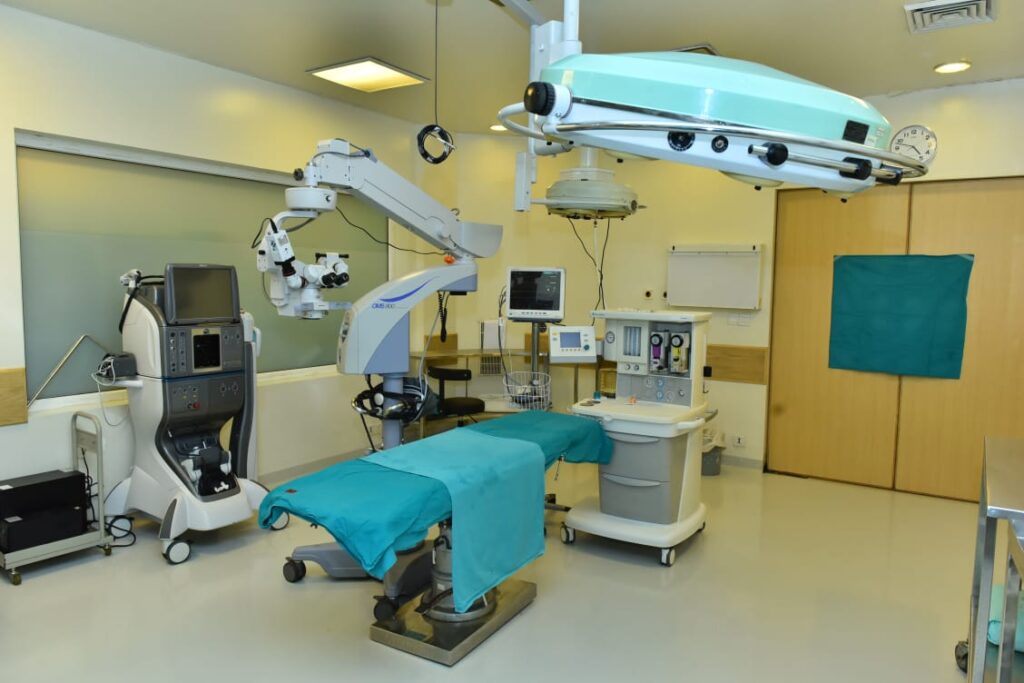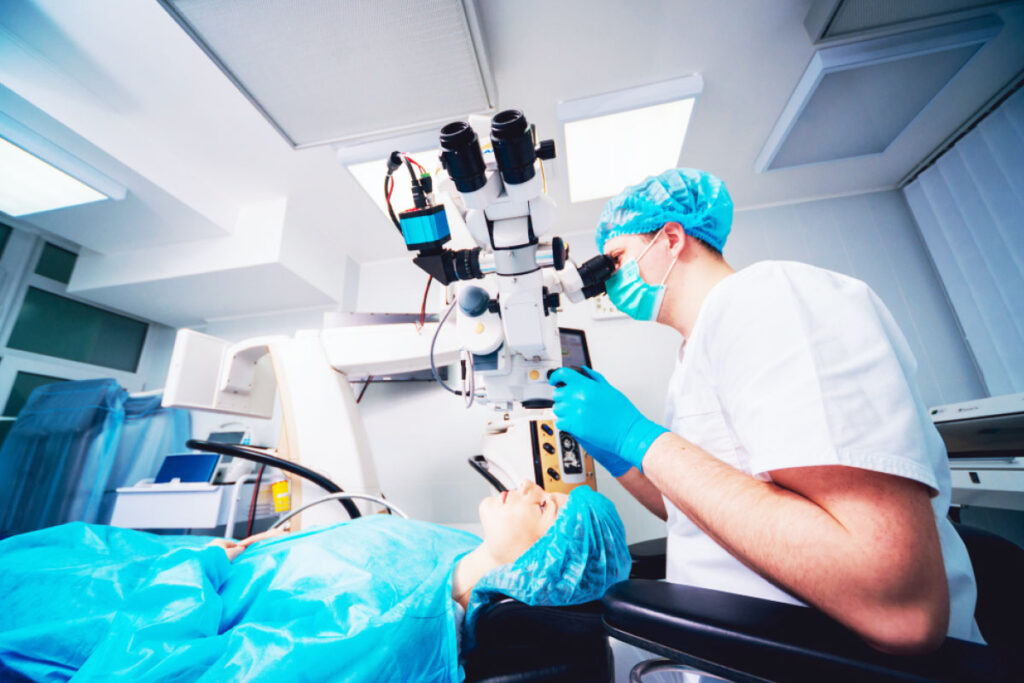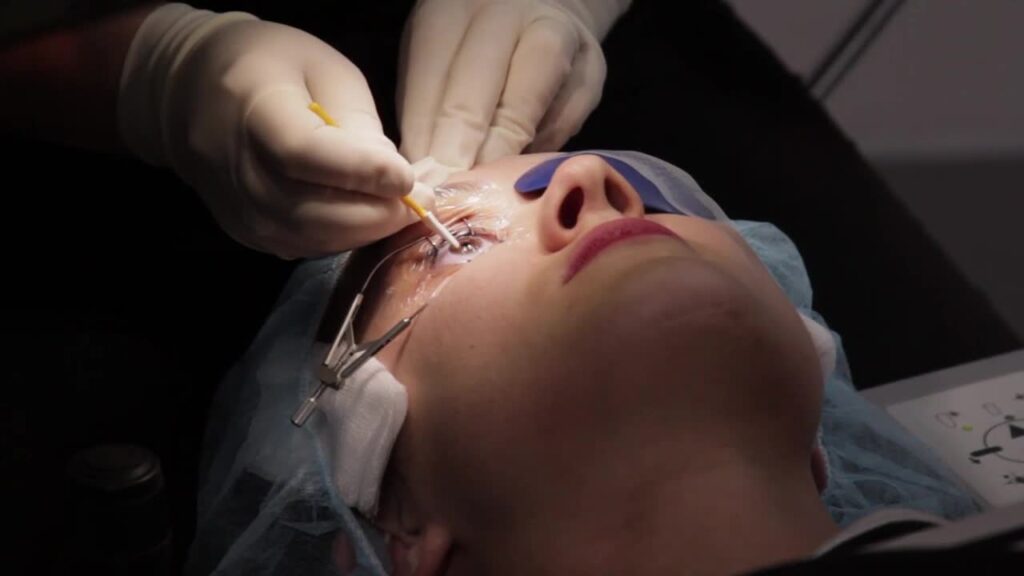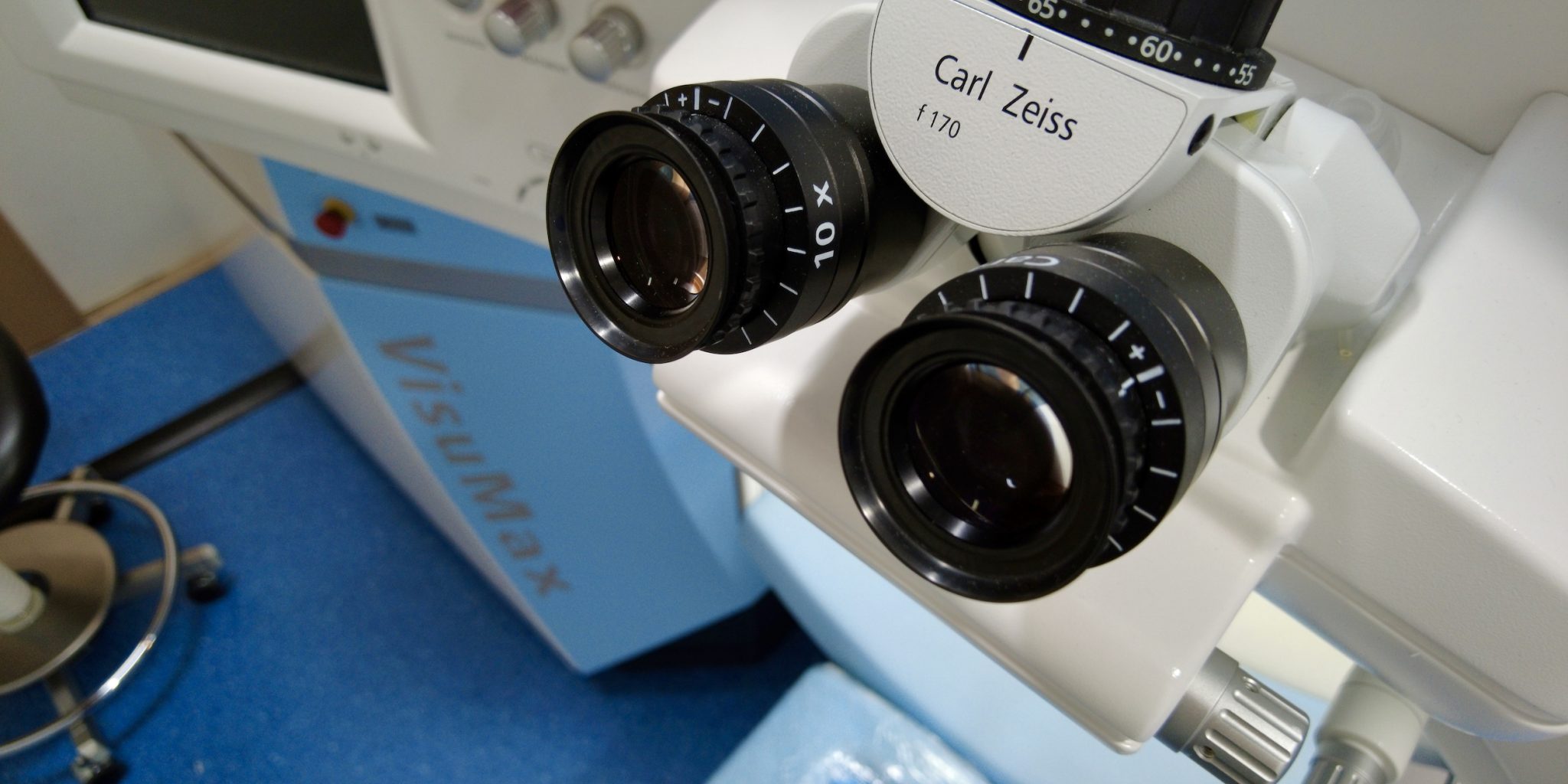Cataract surgery is one of the most popular and safe eye operations performed today in the United States. The surgery is completed in one day, and you should be able to return home the same day. The procedure takes less than 20 minutes and is carried out under local anaesthesia to provide a pleasant experience. The majority of patients report to have clear vision within a day and to be completely restored within a few weeks.
The recovery is painless, and the cataract surgery leaves you with clear, sharp, and steady vision. However, a painless, rapid, and flawless recovery is only possible if the patient heeds the instructions of the ophthalmologist and takes the required precautions prior to the treatment. This ensures that you do not have any problems when your eye adjusts to the artificial lens over time.
What can I expect during and after my cataract surgery recovery? How should I prepare for and recover from cataract surgery?
Because recovery times vary from one patient to the next, there is no established plan for recovery. Some people heal fast, while others take a long time to recuperate. The recovery time is expected to last a few weeks; nevertheless, many patients report having clear vision after a few days following the treatment.

After the surgery, immediately
You will be given ample time to recuperate from the anaesthetic so that you may drive home when the surgeon has completed operating on your eye.
During your rehabilitation, the doctor will prescribe eye drops, spectacles, and other medications to help you maintain clear vision. The eye drops and prescription will assist to prevent infections, decrease inflammation, and lower the risk of complications. It is not suggested that you drive yourself home due to the anesthesia administered.
Request that a friend or family member pick you up and return you to your home. When you go home, you should have a good night’s sleep to allow your eyes to heal. You will be able to resume typical activities such as watching TV, using your computer, or using your phone within a few hours.
A few days pass after cataract surgery.
The procedure’s negative effects had faded after a few hours. However, after a few days, you may still have blurry vision, which will gradually improve with each passing day. Because your eye is still evolving and adjusting, you may still experience some pain. While this is common, it is critical that you follow the doctor’s instructions to the letter. Make an appointment with your doctor immediately away if these side effects persist and you feel they are becoming worse.
After a month has elapsed after your cataract surgery, you should be able to see well again.
Three to four weeks following the treatment, your vision should be as brilliant and clear as possible. This is the expected recovery period, and by this time, you should have finished all of the required tests. The whole recovery period should be between one and two months. Even when you have fully recovered, your vision will remain impacted. It is unlikely to change since, unlike actual eye lenses, the artificial lens will not change with time.
Here are some suggestions for a rapid, pleasant, and painless recovery following cataract surgery.

Make it a habit to get your eyes examined on a regular basis.
Regardless of how well you feel your eye is healing, make sure you attend all of your doctor’s recommended follow-up visits. This will ensure that your eyes recover properly and limit the possibility of any problems.
Make sure you follow your ophthalmologist’s rules and instructions to the letter.
Because your vision is so important, you should exercise caution while recuperating from surgical treatments. If you have any questions or concerns about your medication or recuperation, always visit your doctor. Also, if you discover that side effects like itching are getting more severe, consult your doctor right once.
Take it easy once you’ve completed the surgery.
Cataract surgery may seem to many people to be a simple process since it is completed in one day. It is, however, no different from any other kind of surgery. Take a long nap in the first few days to let your eyes to rest and acclimatize to the new lens as much as possible. Avoid staring at your phone, computer, or television for long periods of time since these activities might cause eye strain.
Work that is physically taxing should be avoided.
Physically strenuous work will put a lot of pressure on your eyes, which will make it difficult for you to recover. Avoid occupations that will put a great strain on your talents, such as transporting huge items. Before resuming to such activities, it is recommended that you take some time to relax and allow your eyes to completely recover.
Protect your eyes by wearing sunglasses.
Because you’ve just had cataract surgery, sunlight, dust, and wind may all irritate your eyes. It is vital that you use any protective eyewear advised by your eye doctor to protect your eyes. It’s also a good idea to avoid getting water or soap in your eyes until you’ve fully healed.

Do not go behind the wheel of a vehicle.
During the first several hours and up to one day following cataract surgery, your vision may be foggy and unsteady. As a consequence, it is not advisable to drive. Until you are able to drive again following your recuperation, have someone help you.
Maintain the greatest degree of cleanliness possible.
To avoid catching infections, make sure you’re in a very clean environment throughout your recovery. Make sure your house is fully swept and cleaned to avoid getting your eyes irritated.
Swimming is a physically demanding activity that needs endurance. It will put strain on the damaged eye throughout the rehabilitation process. Water will also come into touch with the eyes, irritating and reddening them.
Rub your eyes as little as possible.
Even in normal circumstances, it’s not a good idea to massage your eyes since it might irritate them. Can you imagine how painful it would be to touch your eye after cataract surgery? You should avoid massaging your eyes, no matter how much you want to because they are irritating.
You will be able to finish the whole recovery process at home since cataract surgery is performed in a single day and you will be able to return home. Because your ophthalmologist will not be there, you must strictly follow the instructions and follow any advice that have been given to you. If you attend all of your follow-up exams, your recovery will be straightforward and quick, with no complications to deal with. You should be able to resume your former level of activities in a few days or weeks.
More to read:
Is there a role for population-wide testing?
A basic laser eye surgery guide



